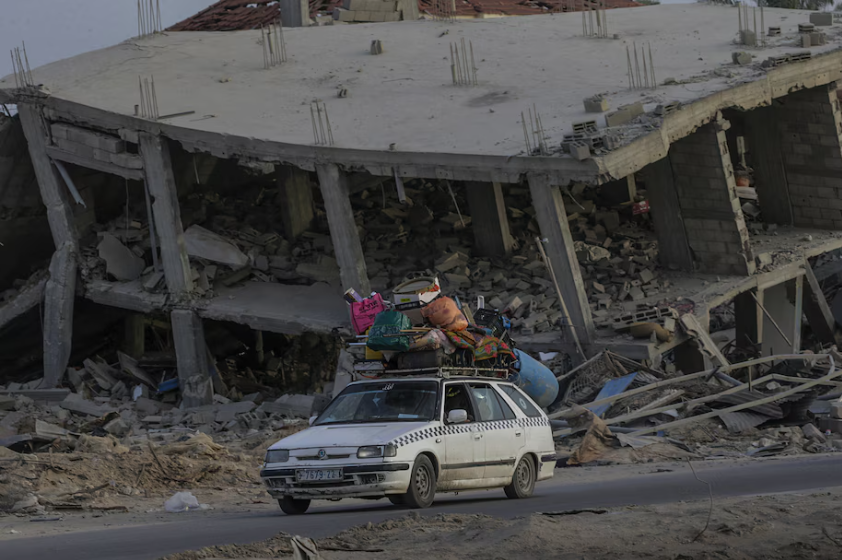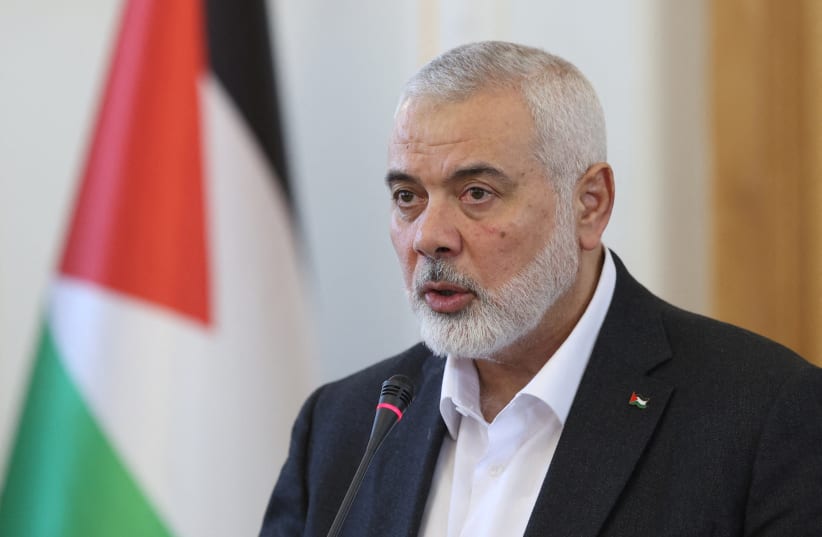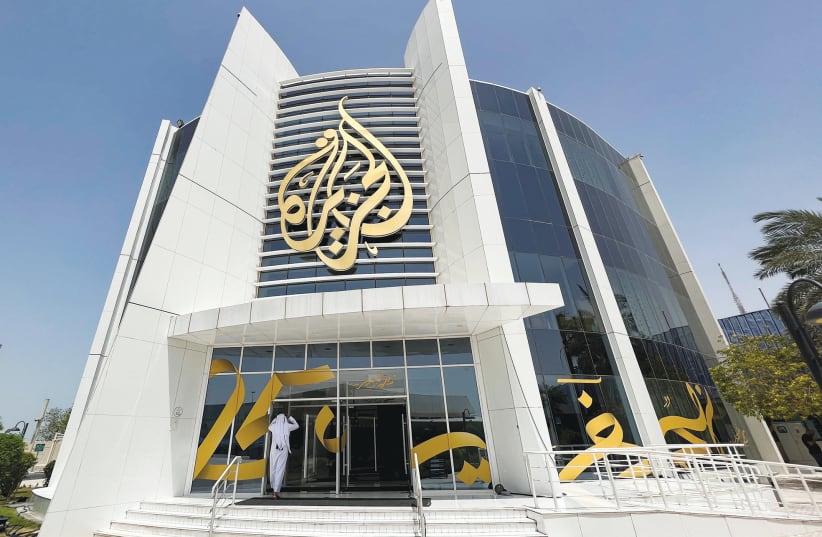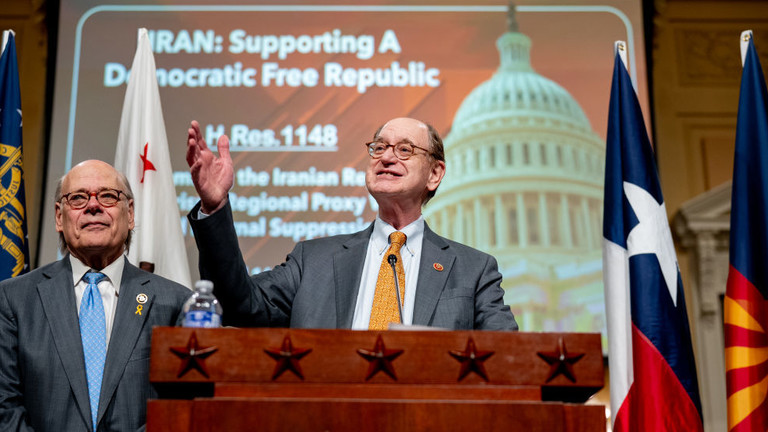This article is more than
7 year oldMuslims maintain Temple Mount boycott after detectors removed
The Waqf Islamic trust, which administers the site, said a decision to continue the boycott was pending a review of the new Israeli security arrangements there.
Ikrema Sabri, the head of the Supreme Islamic Committee in the city, said such a review might be completed later on Tuesday.
Muslim worshipers have stayed away from the sacred compound since Israel installed metal detectors there last week. Instead, they performed mass prayer protests outside the shrine, many of which devolved into clashes with Israeli security forces.
Earlier Tuesday, Israel’s security cabinet said it would replace the metal detectors with “advanced technologies,” referring reportedly to cameras that can detect hidden objects, but said the process could take up to six months.

Sabri told The Associated Press that “our position is that for now, nobody should enter” the shrine.
A Waqf official told The Times of Israel that it was continuing the boycott of the Temple Mount until all security measures added after the attack are removed.
The official noted that “the new high tech cameras” would not be accepted in place of the metal detectors.
On Tuesday morning, worshipers were remaining outside and police and Palestinian protesters were gearing up for another tense round of afternoon prayers in Jerusalem’s Old City.

metal detectors inside the Lions’ Gate,
near a main entrance
to the Temple Mount in Jerusalem’s Old City, on July 24, 2017.
(AFP/ Ahmad GHARABLI)
Some 100 worshipers gathered next to the Lions Gate, outside of where the metal detectors had stood, in preparation for the prayers which they said would again not take place on the Temple Mount.
Salah Abu Agrafa, who came for prayers with his two young sons, told The Times of Israel that the new security arrangements “defiled the holy site,” and he would only go on the Mount once the Waqf decided it was okay.
“This is not a victory for us,” he said. “They took away the metal detectors, but they replaced them with X-ray cameras that can look at our women naked.”
Abu Agrafa vowed to “continue the fight until we can worship without Israeli control.”
While Israel has said it plans to install “smart cameras” that can detect weapons, police declined to comment on whether they had yet been installed.
“Police units are patrolling the areas of the old city and the gates as security measures continue,” a police spokesman said.
Dozens of Muslim women from the outlawed Murabitat group prostrated on prayer mats they had brought with them and spread on the stone floor of the Old City. Others shouted chants against Israeli authorities.

“With our blood and our souls we will redeem Al-Aqsa,” they shouted. Another chant rallied against “Netanyahu the conqueror.”
Facing the protesters, stood dozens of Border Police armed with anti-riot gear, apparently ready for any violence that could break out, it as has done during prayers in recent days.
The metal detectors were set up after a shooting attack on July 14, in which three assailants used guns smuggled into the site to kill two policemen guarding nearby.
Israel closed the compound for two days and later reopened it with the metal detectors in place. The detectors and cameras were removed early Tuesday.

In a statement the Waqf said it rejects “everything” done by the Israel at the site since the shooting attack on July 14, up until now.
Mahmoud Aloul, a senior official in Palestinian President Mahmoud Abbas’s Fatah movement, said Tuesday that any changes to the previous arrangements are unacceptable.
“Israel is an occupying power and needs to take its hands from our holy sites,” he told the Voice of Palestine radio station.
It was not clear if Aloul expressed the views of Abbas. The Palestinian president had announced last week that he was suspending all ties with Israel, including security coordination between his forces and Israeli troops in the West Bank, until the metal detectors are removed.

speaks on the phone with Israel’s ambassador to Jordan, Einat Schlein,
and the security official who was stabbed
and shot two Jordanians, on their return to Israel, July 24, 2017 (courtesy)
As custodian, Jordan has the final say over Muslim policies at the shrine, but also needs to consider public opinion, including among Palestinians in the Holy Land. Israel retains overall security responsibility there.
Prime Minister Benjamin Netanyahu and Jordan’s King Abdullah II spoke by phone late Monday to discuss tensions over the sacred esplanade in Jerusalem’s Old City, as well as a diplomatic crisis over a security guard at the Israeli Embassy in Amman who shot and killed two people after being attacked with a screwdriver. Jordan had demanded the guard be held and investigated, while Israel insisted he be brought home under diplomatic immunity. He and other embassy staff returned to Israel late Monday night.
The Temple Mount, sometimes known as al-Aqsa, is the third holiest site of Islam and the holiest of Judaism, once home to the biblical Temples.
The apparent deal over the metal detectors and the guard came amid intensifying US diplomatic efforts, with Shin Bet chief Nadav Argaman sent to Amman, and President Donald Trump’s Mideast envoy, Jason Greenblatt, meeting with Netanyahu in Jerusalem on Monday before heading to the Jordanian capital.
In his phone call with Netanyahu, Jordan’s king stressed the need to “remove the measures taken by the Israeli side since the recent crisis broke out” and to agree on steps that would prevent another escalation in the future, Jordan’s state news agency Petra said.
Keywords
Newer articles
<p>The ceremony was held in Moscow amid a tense geopolitical situation and diplomatic rift with the West</p>
West has a decision to make – Putin
Hamas tells Qatari, Egyptian mediators it agrees to ceasefire proposal
Fans stunned by TV star’s weight loss
Drake denies allegations by Kendrick Lamar of underage sex and harbouring secret child
Craig David, a hitmaker since 2000, is still getting audiences dancing
For Putin, Gaza is an endless gift
Bombshell new theory on Titan sub disaster
TikTok Ban Sparks Lawsuit Pitting National Security Concerns Against First Amendment Rights
‘It’s just not hitting like it used to’: TikTok was in its flop era before it got banned in the US




